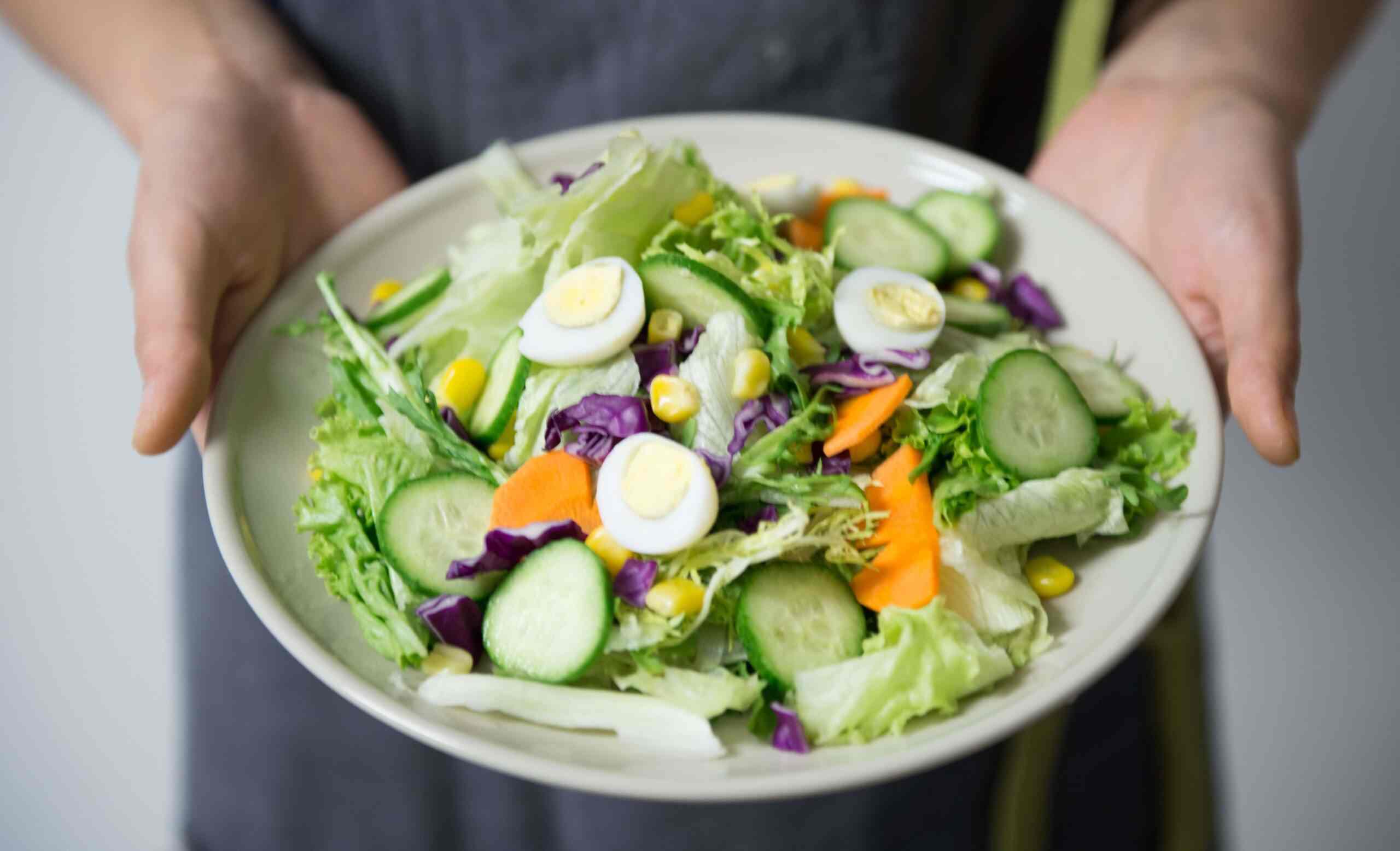Food is oftentimes a comfort for people who seek to relieve stress by emotional eating. Most of the time, people don’t even realize they are doing it until the damage is already done. Regardless of if you realize you are doing it or not, stress eating should be addressed quickly to prevent an unhealthy relationship with food, weight gain, and the mental toll it takes on yourself. Here are 5 ways that can help you stop unintentionally stress eating.
Get rid of tempting foods
If you are going to keep unhealthy food around your house, then of course you’re going to end up eating it, whether it’s intentional or not. Many people love to have candy bowls out for their guests, or just snacks for people to eat when they come over, but when the guests are gone and you’re by yourself, these snacks start looming over you and it can cause temptation. Ridding your home of these snacks can prevent stress eating and binging on unhealthy food.
Choose healthier foods
In addition to getting rid of unhealthy foods, it’s good practice to replace said foods with healthier options. High protein, fibrous and nutrient dense foods are the types of options that can make you feel full longer, aren’t so high in calories and have a lot of nutrients packed in them, and can definitely ease the guilt of stress eating. To help with choosing healthier foods, precut any fruits and vegetables and pre-pack snacks into appropriate portions to ensure you’re not overindulging and to make it easier to grab and go.
Set a schedule with yourself
Working from home or staying home more than normal this last year has been a root cause of stress eating and over indulging. Just because we are out of our normal routine doesn’t mean we get free reign. In fact, sticking with a schedule can really help prevent stress eating. Plan out your meals and your snacks each day and try not to let yourself stray from your plan. If you find yourself still hungry, choose one of your healthier options mentioned above. Our bodies love habits, so keeping with a schedule will become easier with time and consistency.
Drink plenty of water
Many times, dehydration can be confused for hunger. Instead of reaching for a snack, try drinking a few ounces of water and wait a few minutes. Water is a natural appetite suppressant, so once your stomach registers that it is full with water, you might not even be hungry anymore. Of course, if you’re still feeling hungry after you hydrate, then by all means eat. At the very least, the water will curb your appetite enough so that you don’t overeat. Dehydration is also linked to higher stress levels – so if your stress is causing you to overeat, then drinking more water might be your answer.
Take your mind off food
Distracting yourself is a great way to not only ease your stress, but it can deter you away from unnecessary snacking. Finding a hobby to take your mind off things temporarily is a great solution. Crafting, meditation or even exercise are a few great hobbies and distractions. Learn a new skill or call someone – anything that will put your mind in the present moment and force you to forget about food or stress for a little while.
Many people struggle with food and stress, and the combo of the two can lead to overeating and unhealthy habits that can cause some serious health risks later down the road. If you are having trouble managing your weight due to stress, our team at Katy Gastro can help you with a nutrition plan and accountability to keep you on track.





0 Comments